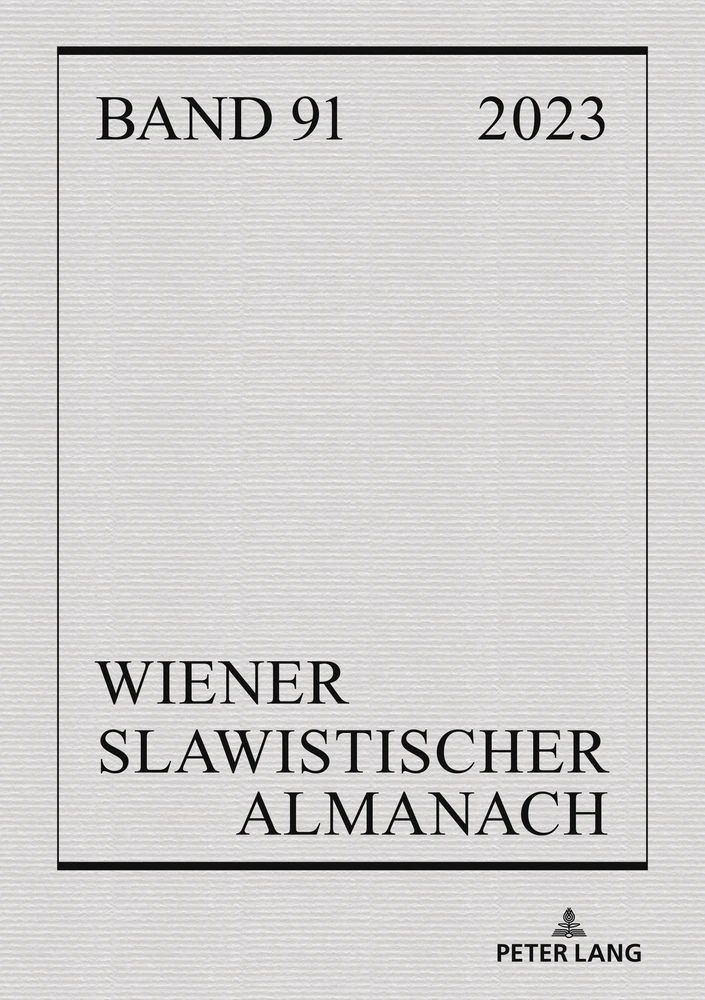Об эллинистичности поэтического языка Мандельштама
Published November 21, 2024
Keywords
- Osip Mandelstam,
- Sophocles,
- intertextuality,
- multilingualism
Abstract
The article is devoted to the poetics of Osip Mandelstam. The author shows the sources from which Mandelstam’s idea of the Greek substratum of Russian poetry is formed. The poem “Insomnia. Homer... ” is used as an example to show how and why Mandelstam places ancient Greek subtext into the Russian text and develops the idea of “Hellenism” of Russian poetry and culture throughout his short creative life. The article establishes, in particular, the source of the key wordplay – the translation of Sophocles’ “Antigone” by Dmitry Merezhkovsky in 1908. Based on the “programmatic impressions” (Evgeny Soshkin) that Mandelstam received from Merezhkovsky, we can say with a high degree of probability which Greek (German or Italian) words were placed in Mandelstam’s Russian poems, and for what purpose. Sometimes we are dealing with a macaronic language, but more often with the author’s requirement for the reader to decipher a text that, at first glance, does not need decoding. Mandelstam uses the technique of “acquaintance of words,” or intertextual echoes of the Greek word κάρα (“head”), the Russian word “kara” (punishment) and the Italian word “pena” (sin, guilt), starting from two texts – the Second Song of the Iliad and “Antigone” by Sophocles translated by Merezhkovsky.

